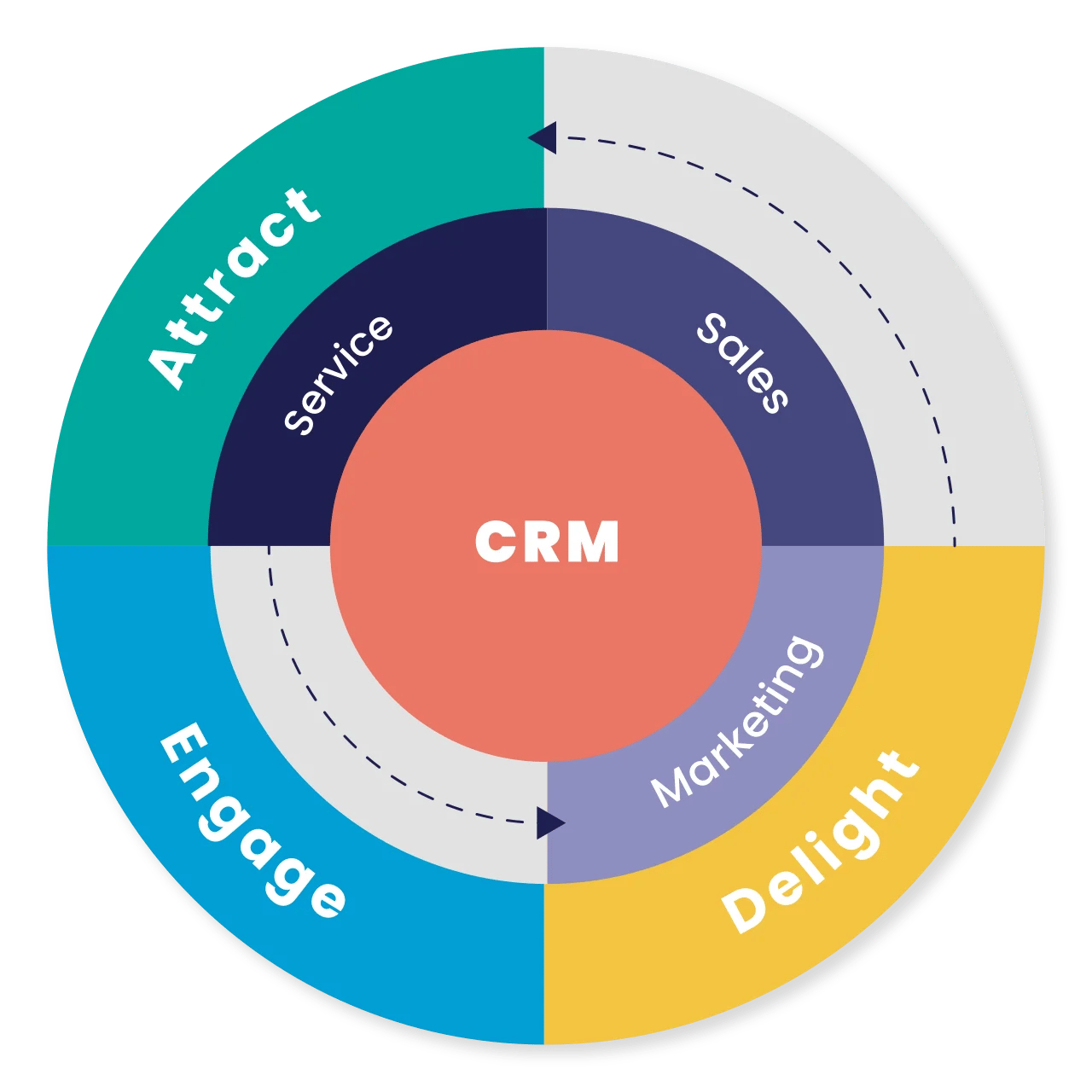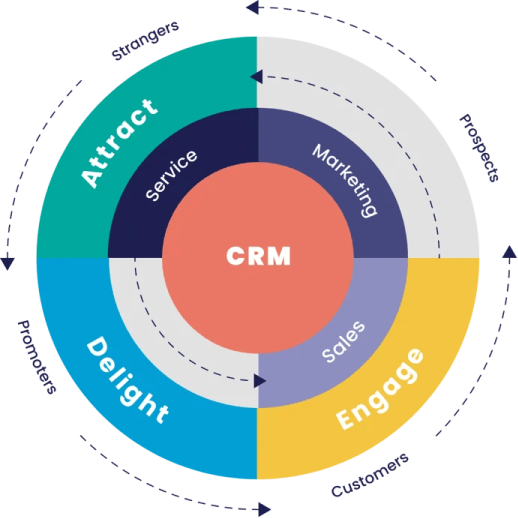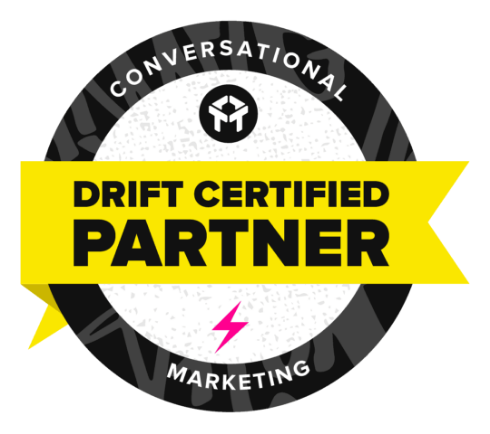Inbound Marketing.
You have to be able to answer the needs of your potential customers before they even know they need them.
That's the beauty of inbound. You're addressing challenges. Inbound marketing changes the way businesses drive business growth. Creating leads and prospects through content and meaningful experiences relevant to them.
Inbound Marketing blends social media, blogging, email marketing, videos, landing pages, and much. much more, while relying less on traditional advertising techniques like billboards and commercials.

The benefits of Inbound.
Be it blogs, videos, whitepapers, research pieces, social media posts or infographics, Inbound marketing creates relevant content for every stage of your buyer’s journey and drives interested traffic to your website.
The result: a steady flow of better-qualified leads with high conversion intent.
If you want to grow your business, you need to get the right message, to the right people, at the right time in a format they understand.
While outbound marketing interrupts your audience with content they don’t always want, inbound marketing offers useful, targeted answers to their specific problem. It’s content they actively search out online.
This helps present your business as an industry thought leader and begins to build trust and interest in both your prospects and customers.

What is Inbound lead generation
Leads, leads, leads… For most of our clients, inbound lead generation is the dream, which is why they approach us, an inbound marketing agency.
Unsurprisingly, we favour inbound lead generation, the process of attracting and converting relevant and engaged leads to your company. We learn about the prospect, what they do, what they’re trying to achieve and who they are. We’re helpful in our approach and importantly, we use the whole inbound process as a way of qualifying individuals as suitable leads and potential customers.
Creating content.
As content experts, we can help you better understand your audience, fine-tune your messaging and create a multi-format library of valuable, engaging content your prospects want to see.
We will also explain and build a robust content architecture to ensure interested prospects are funnelled toward frictionless conversion points in a helpful way that suits their needs.


Find your following on social media.
Not only is it a direct channel to your customers that enables and encourages revenue-driving activity, it’s also a crucial vehicle for distributing your content.
But effective social media can be difficult to get right. It requires creativity, marketing knowledge, specific channel expertise and constant testing to drive results.
‘Going viral’ is almost always a lucky accident and measuring success by ‘vanity metrics’ such as impressions can often do more harm than good to your business.
You need a robust sound social media plan (as part of an overarching marketing strategy) in place before you even consider posting on any channel.
We can help you identify your best channels, tune your messaging to resonate with your audience, build engaging, creative posts and ensure they all drive traffic to frictionless conversion points.
Why work with us
Attract the right prospects
We'll help you identify and communicate with your ideal prospects by building engaging, creative content that converts.
See more conversions
We'll help you scope and build a frictionless frictionless marketing and sales architecture to convert more leads.
Drive more revenue
We will help you build a robust reporting platform so you can monitor, test and refine your marketing strategy to maximise results and drive real growth.
What people are saying about us


From our very first meeting the team at Six & Flow were able to bring incredible value to our business. Professional, dedicated, and always willing to go the extra mile. Their knowledge and experience is second to none. I highly recommend them.


Six & Flow is one of the sharpest agencies out there. They’re an incredible group of people and a trusted partner in the community. Their marketing practices and content they produce for their own team are a perfect indicator of the quality of work they produce for their clients.


The team at Six and Flow are several notches above the fold! We were so impressed with how professional, creative, focused and deliberate the team is. Beginning with our early discussions with Sales through to discovery and execution, we couldn't be happier. We really needed the support and they came in, took the lead and now we are the better for it. Couldn't be happier!
Who we’ve worked with


Who we partner with



